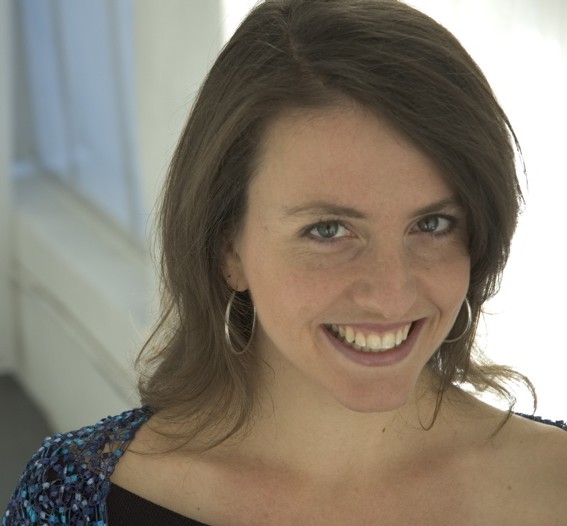For those who don't know, I'm in the throes of an enormous deadline for
my book, which means I've been spending a lot of time pacing, dusting, writing, editing, alphabetizing my bookshelves, reading, writing, and pacing some more. In the process I've become painfully aware, once again, of the very bizarre habits I've developed over the years to trick myself into sitting down at my computer to write: Unplug the modem from the wall, step away from the desk, turn on the laptop with nothing on it but my book, type one sentence, jump up, pace around the room, walk the dog, come back, sit back down, type another sentence, maybe two or three, jump up and pace again. Repeat until writing several hundred words between paces. And that's not even the bizarre part of my ritual.
So, the other day, I saw a brand new flashy colored paperback at Barnes and Noble called "
The New New Journalism: Conversations with America's Best Nonfiction Writers on Their Craft." I picked it up, saw it was full of interviews with people like Gay Talese, Ted Conover, Jane Kramer, Susan Orleans, Calvin Trillin, Lawrence Weschler ... This I had to have. So I got it, thinking, I'll use this baby when I teach, which I do from time to time, and I'll read around in it over the next few months. Yeah, right. The next night, I sat down and read through every interview in the book, word for word, in one sitting. I lingered on questions like, Is writing hard for you? What's your writing process? How do you start writing? Why do you make yourself a character in your stories? Do you ever worry about getting involved in the lives of your subjects? ...
I've spent a lot of time thinking about precisely these questions. And I tell you, I sucked this book down like it was my first dose of caffeine after a week-long withdrawal headache. Because (cliché as it may be) it reminded me of what I already know: That I'm not alone. That all writers go through this, and the answers we find to these questions help shape the books we write and make them our own. Writing is torture for most writers -- not constantly, but sometimes. In the end, we do all get our stories written. But the way we do this, well, it's just weird: Gay Talese writes his words on paper, tacks them to a wall, then crosses the room to look at them with binoculars to get a different perspective on his words. Jane Kramer has to cook for hours before she can write. Adrienne Nicole le Blanc sleeps for more than 10 hours, then gets up and start writing before she actually wakes up, so she doesn't have time to realize what she's doing, she just wakes up writing, then keeps going.
So what I'm saying is, this is a great book, and I recommend it to all readers of nonfiction, and all writers of it, regardless of whether you've won a Pulitzer or just published your first story in your neighborhood newsletter. We're all doing exactly the same thing.
Labels: Science Writing, Tips, Writing

